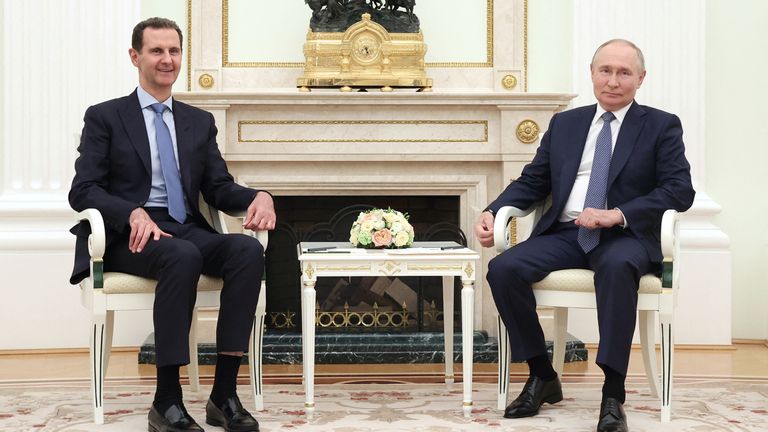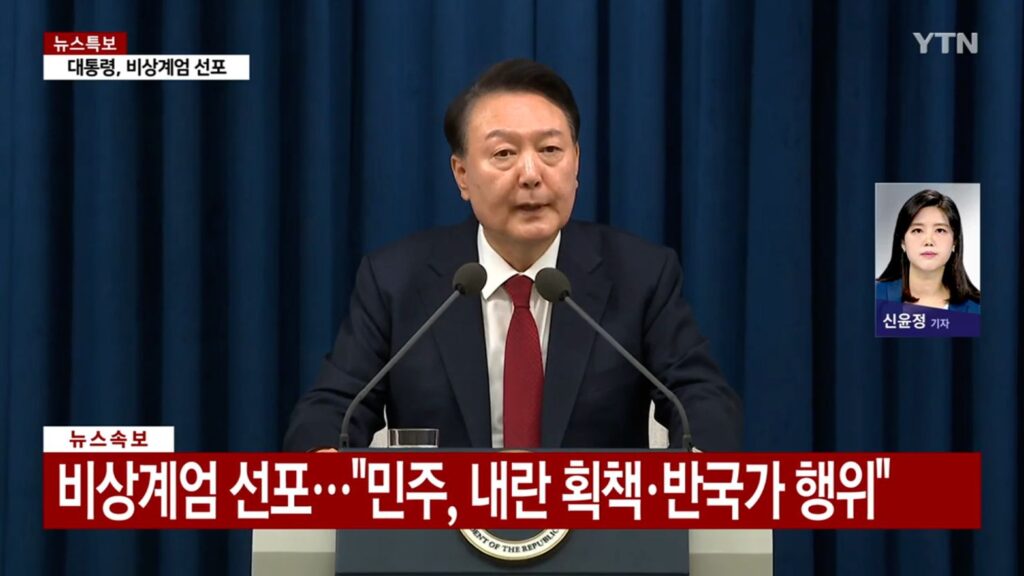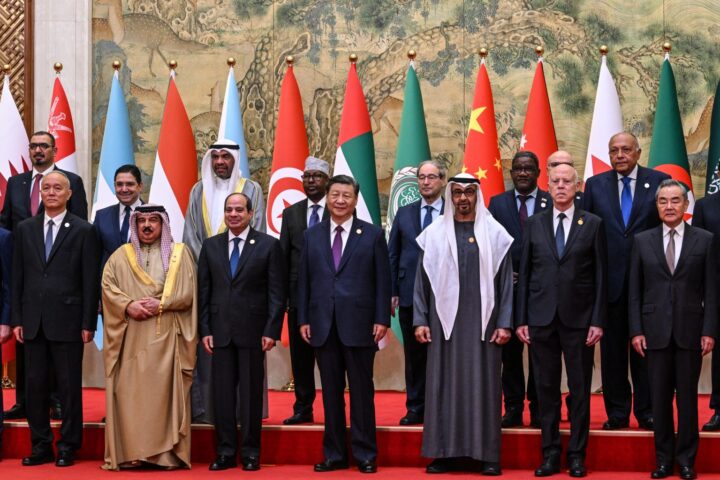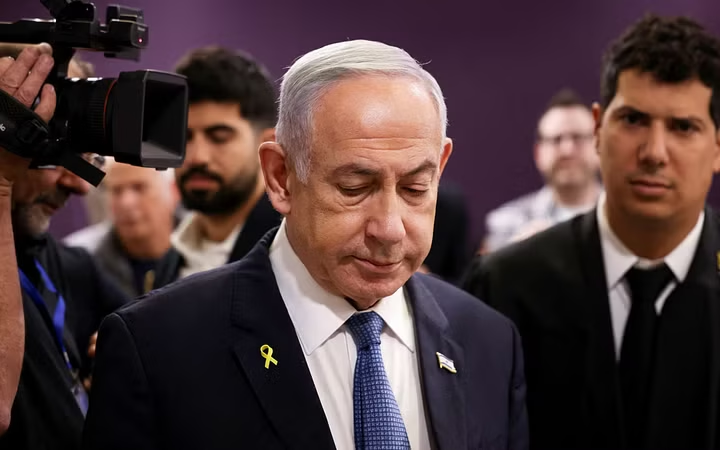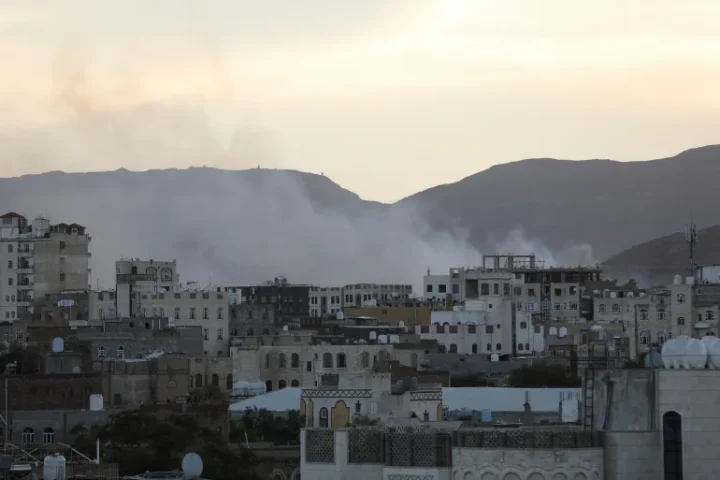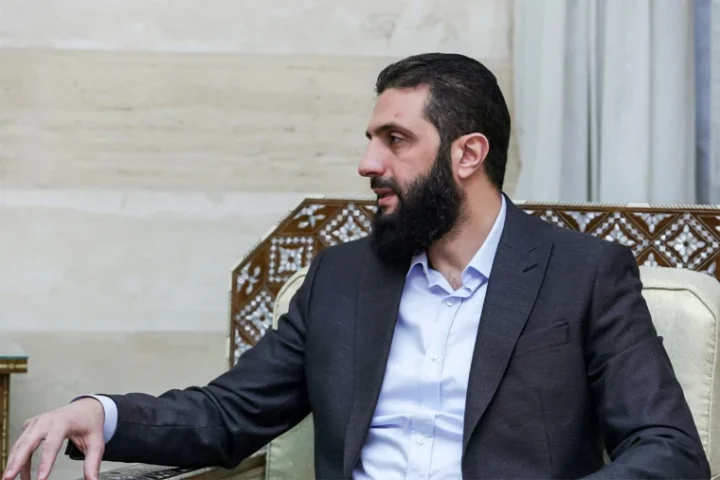The Global Response: A Mixed Bag of Reactions
The United Nations special envoy called it a “watershed moment” on Sunday. The world watched, shell-shocked, as the Syrian regime, an iron-fist rule that lasted for over two decades, toppled.
As the dust settles, global leaders grapple with the news, their responses providing a mirror into the geopolitical intricacies that have marked the Syrian conflict.
In Washington, the response was cautiously optimistic. The State Department voiced hopes for “a peaceful transition towards a democratic Syria.” However, the underlying concern was palpable. As a recent report by the Brookings Institution pointed out, the fall of the regime could result in a power vacuum, potentially giving space to extremist elements.
Russia and China, both veto-wielding members of the UNSC, and longtime allies of the Syrian Government, responded with guarded reticence. Moscow, which has invested heavily in the Syrian conflict, both militarily and politically, called for “an immediate ceasefire and a national dialogue.” China echoed this sentiment, stressing the need for “political stability.”
Too Much Noise?
Cut through the noise and discover the one event that truly matters every day. Simplify your understanding of economics and geopolitics.
Subscribe NowRegional Dynamics: New Alliances and Old Rivalries
The ripple effects of the regime change were immediately evident in the Middle East. Countries that were once divided along sectarian lines are now recalibrating their alliances. Saudi Arabia and Turkey, which have long supported the opposition forces, welcomed the change with the former calling it a “turning point” for Syria and the region.
Iran, a staunch supporter of the Syrian regime, reacted with unease. Tehran called for an ‘immediate dialogue’ between factions, emphasizing the need for unity and stability.
The Israeli response was one of cautious silence. The Syrian conflict has long been a strategic concern for Israel, and the uncertainty that follows the regime’s fall only compounds this worry.
The Humanitarian Aspect: A Crisis Unfolding
On the ground, the humanitarian crisis continues to worsen. According to the United Nations, over 6.7 million Syrians are internally displaced, and another 6.6 million have fled abroad as refugees. The fall of the regime, while potentially ushering in a new era of governance, does not immediately alleviate these issues.
The International Committee of the Red Cross has called for “unhindered access to all areas” to provide crucial aid. However, the chaotic situation on the ground, coupled with the uncertainty of a power transition, complicates the delivery of humanitarian aid.
Moving Forward: Uncertainty and Opportunity
The toppling of the Syrian regime marks a significant shift in the region’s power dynamics. As nations react and adjust their strategies, the future of Syria hangs in the balance. The world watches, hoping for a transition that brings stability, peace, and democracy to a land long besieged by conflict.
Yet, this watershed moment also presents an opportunity: a chance to address longstanding grievances, to build new institutions that reflect the diverse aspirations of the Syrian populace, and to ensure that the mistakes of the past do not dictate the trajectory of the future.
The next chapter in Syria’s history is being written, and the international community has a role to play. Whether this role is one of constructive support or divisive interference remains to be seen.
Join 1000+ Readers Simplifying the Complex
Stop the overwhelm. Subscribe now to get the single most important insight every day, curated with care and clarity.
Subscribe Now